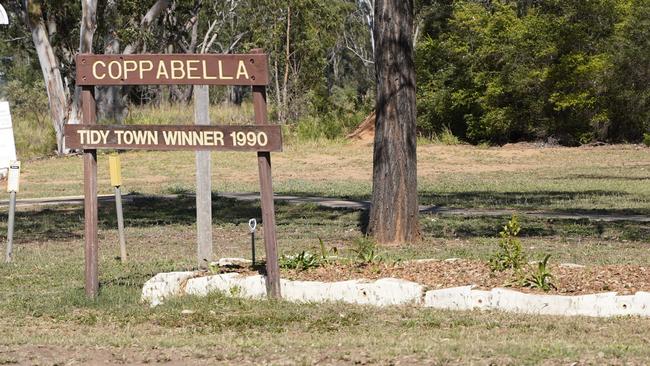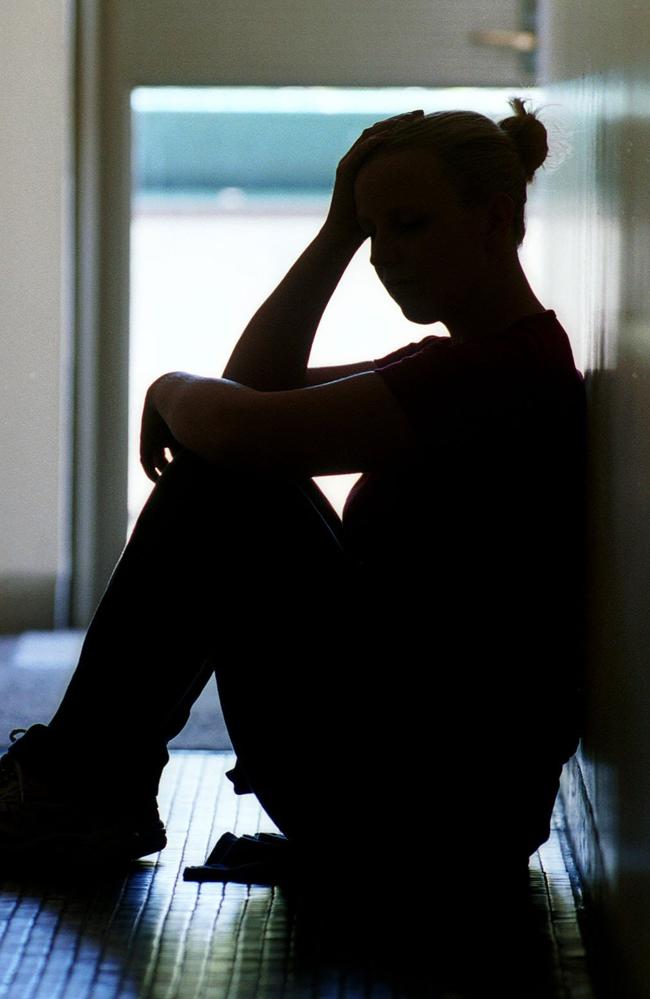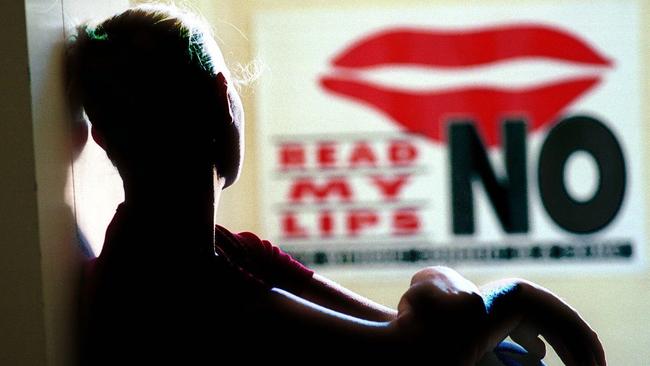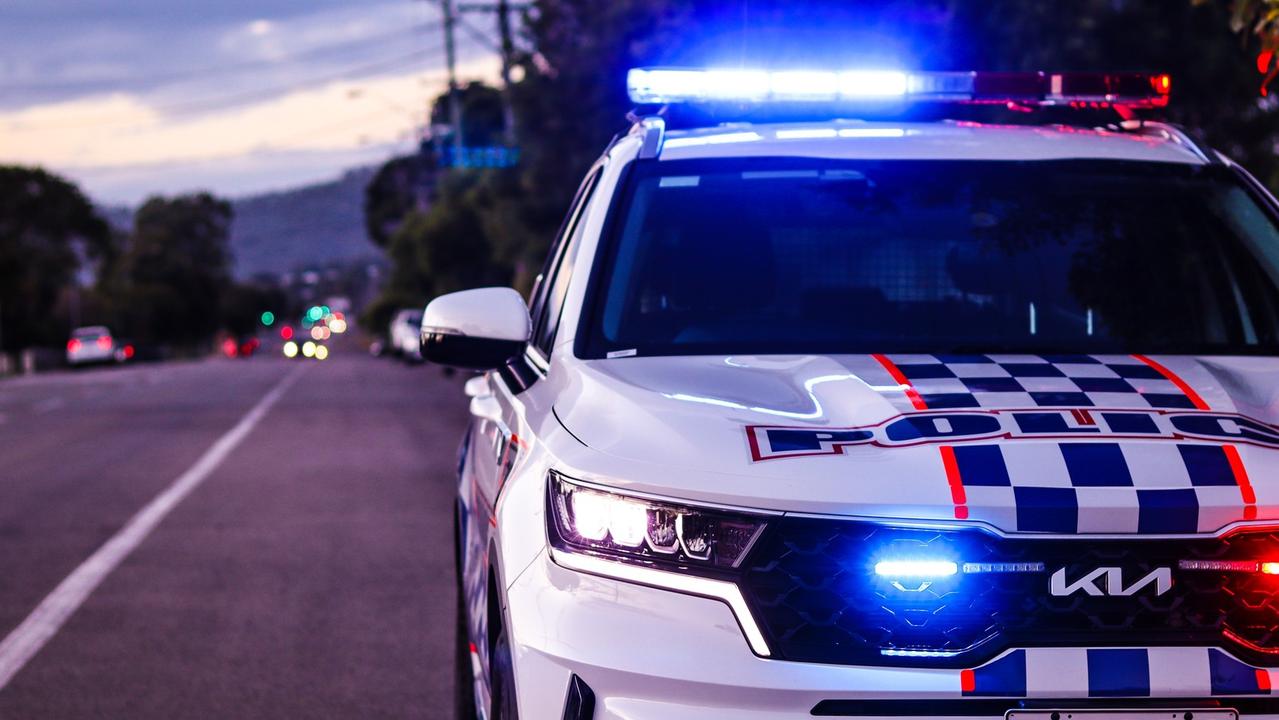Police investigate sex assault complaints at Central Queensland mines
Police have confirmed they are investigating a number of complaints of sexual assault at mining camps in central Queensland. It comes after a woman spoke out earlier this year about an alleged assault.

Police & Courts
Don't miss out on the headlines from Police & Courts. Followed categories will be added to My News.
Police are actively investigating a number of sexual assault complaints at mine camps across Central Queensland.
In April a young woman spoke out about an alleged sexual assault that happened as she was walking back to her camp room at Coppabella – a man attacked from behind, gagging her mouth and touching her inappropriately.
Following this a post appeared on social media suggesting new rooms keys had been cut for an occupant at Civeo Coppabella because people “were cutting (their) own keys and sexually assaulting the occupant (of) the room”.

This publication contacted Civeo for comment, but the company declined because of the nature of the allegations.
Mackay District Detective Inspector Tom Armitt confirmed police were actively investigating a number of complaints in relation to sexual assault at mine camps across the Bowen Basin.
He said there had been fewer than 10 complaints in the past 12 months.
“When we do receive those reports we treat them with the highest priority,” Inspector Armitt said.
“Even if our detectives go and spend days on site to ensure the best investigation possible.”
It is unknown if there have been any reported sexual assault at Civeo’s Coppabella mine camp.
Because of the sensitive nature of the allegations police would not pinpoint what mine camps the complaints had stemmed from.
Inspector Armitt said sexual assault complaints were not “mine camp centric issues” but spanned across the whole of the community.
“I don’t believe we currently have a mining camp crisis,” he said.
“It’s an issue that’s across the board.”

Earlier this year a damning report surfaced revealing allegations 21 women had been subject to rape, attempted rape or sexual assault while working at Rio Tinto in Western Australia’s mining industry.
This prompted a public apology from the global mining giant, which labelled the report as “deeply disturbing”.
The head of Human Resources for Anglo American, who operates multiple mines in Central Queensland, said the company was constantly proactive about ensuring all facilities were “safe and inclusive environments for everyone”.
“We’ve had a dedicated workforce training program in place since 2019, which specifically targets bullying, sexual harassment and discrimination,” Ben Mansour said.
“In recognition that victims of bullying, sexual harassment and discrimination may need additional support, we also announced the establishment of a new Call It Out Employee Support Unit in March.
“Everyone in our business has a right to be physically and psychologically safe, and we are intently focused on eliminating bullying, sexual harassment and discrimination from our workplaces.”
A Coronado spokeswoman said the company was “committed to eliminating all forms of bullying, harassment and discrimination, particularly anything of a sexual nature, and take a zero-tolerance approach to any breaches”.

“Security at our village facilities in Blackwater is a key priority and we continuously monitor processes and practices to ensure that necessary and desired measures are taken to protect our employees and the communities in which we operate,” she said.
“We strongly encourage all employees to speak up if they encounter any behaviours that are inconsistent with our values and provide mechanisms to do that through our internal processes, as well as the independent whistleblowing service.”
A BMA spokesman said sexual assault and harassment has no place in the mining industry or community.
“This conduct is completely unacceptable, contrary to our values and unlawful,” he said.
“We have been taking action across a number of years to ensure our workplaces are safe and respectful at all times.”
In 2016 BHP set a goal to achieve a gender balanced workforce by 2025, which included eliminating disrespectful behaviour.
The workforce was currently 30.08 per cent female.
In 2018 BHP formally defined sexual assault and sexual harassment as a health and safety risk and the company has a range of security measures at its sites including guards, extra CCTV, increased patrols, and improved lighting.
The company also introduced trauma informed emergency response, victim-centric investigations and a sexual assault and harassment support service.
Australian Bureau of Statistics data indicated only 15 per cent of sexual assaults are reported to police.
“In all honesty under reporting is probably a problem across the board when it comes to violence against women, including sexual violence,” Inspector Armitt said.
A high priority for police was its sexual violence response strategy aimed at how officers responded to sexual violence.
“We’re tailoring our approach so that the victim is far more comfortable in providing their version and the evidence that they have to give us,” he said.
He said combating the issue not only relied on police protection and investigations, but on better educating the community “about consent, about respect, about the dignity of our fellow human beings”.
“We strongly encourage that if people are victims that they do let us know, they do report, we will take their wishes into account as to how they want us to deal with it,” he said.





